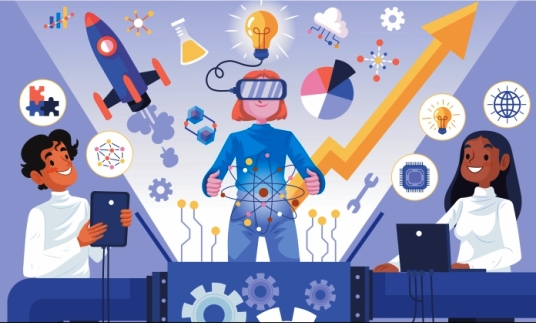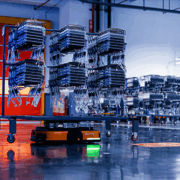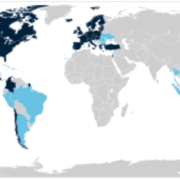By Anthony Ojobo, PhD.
Tony Ojobo, former Director of Public Affairs at the Nigerian Communications Commission and founder of TechX Innovation Hub, highlights the importance of preparing for emerging changes in work profiles and encourages individuals to embrace disruptive innovations as a means of tapping into human ingenuity and making a difference.
The rise of Artificial Intelligence (AI) and disruptive innovations has sparked discussions about the future of work. As AI technology continues to advance, it is important for individuals to understand and learn how to use AI to stay relevant in the job market.
RELATED: Making digital strategy work in a disruptive environment
One notable disruptive innovation in the AI space is the launch of ChatGPT by Open AI. This AI-powered chatbot has the ability to deliver well-written papers on various subjects, and students have started using it for assignments. Harvard University has also launched a similar chatbot, the “CS50 bot”, to enhance students’ learning experience in coding classes and assist instructors in providing feedback and guidance.
The impact of AI and disruptive innovations on the future of work was discussed at a conference held by the Brookings Center on Regulations and Markets and the AI, Analytics, and the Future of Work Initiative. Speakers at the conference highlighted that AI algorithms could either complement workers’ skills and increase productivity or reduce the employability of humans altogether. Policymakers, company executives, and workers were advised to understand these trends in order to adapt and thrive in the changing job market.
According to a PwC survey, 52% of the workforce believes that AI will have a positive impact on their careers. It is expected to improve productivity, create opportunities for new skills development, and even generate new job opportunities. The World Economic Forum also emphasized the importance of analytical and creative thinking skills in the future job market. However, the report also highlighted that 44% of workers’ skills may face disruption in the next five years, and 60% of the workforce will require additional training by 2027.
Disruptive innovations have already led to job displacements and changes in business models. Uber, for example, disrupted the traditional taxi-hailing industry by introducing a convenient and cost-effective ride-hailing service. Traditional taxi operators have faced significant competition and declining patronage as a result. This example shows that disruptive innovations can create new opportunities, as seen with the rise of Uber drivers as a source of income for many individuals.
The COVID-19 pandemic further accelerated the adoption of digital technology and remote working. Organizations had to adapt quickly by implementing remote work policies and relying on digital innovations for communication, sales, and deliveries. This shift has brought about changes in work culture, job specifications, and demographics.
Reports from the International Labour Organization and the World Economic Forum indicate that the Fourth Industrial Revolution, characterized by technological innovations such as AI, robotics, and machine learning, will impact the future of work. Automation and digitalization may lead to job displacements, but they also create opportunities for those who possess the necessary digital skills.
It is crucial for employees and job seekers to improve their digital skills to remain competitive in the job market. The World Bank estimates that digital innovations could lead to the redundancy of 66.6% of jobs in developing countries. In Nigeria, 40% of jobs could be affected by automation. However, new opportunities are emerging in fields such as blockchain technology, Internet of Things, big data, data analytics, AI, robotics, and augmented reality.
In conclusion, disruptive innovations in the digital technology space are reshaping the future of work. While job displacements may occur, these innovations also create new opportunities for those who are willing to adapt and learn. It is essential for individuals to upskill and embrace the changes brought about by disruptive innovations to thrive in the evolving job market.

Ojobo is former Director Public Affairs, Nigerian Communications Commission





























